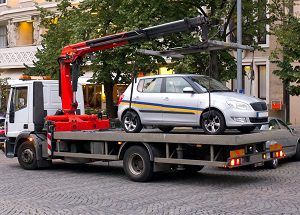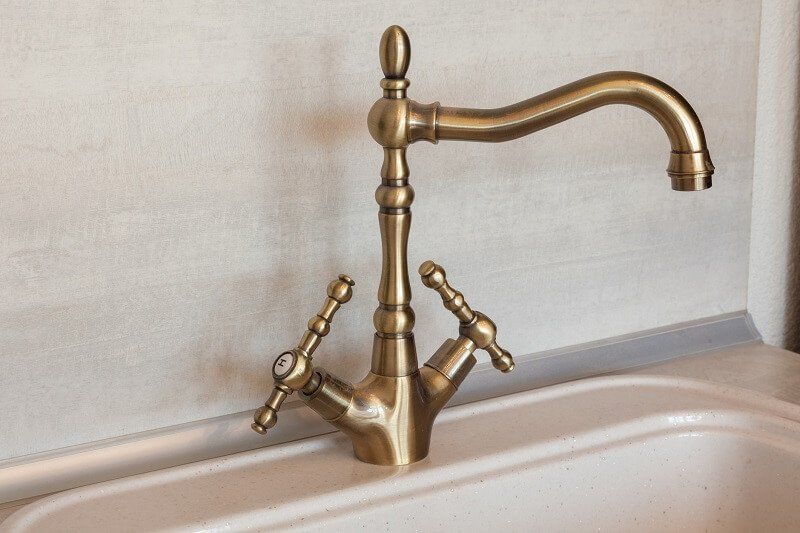5 Things You Need To Know About Women And Opioid Addiction
5 Things You Need To Know About Women And Opioid Addiction
The opioid epidemic is ravaging communities across the country, and women are being hit particularly hard.
This isn’t just a problem for the women who struggle with addiction, but it’s also a problem for their families and loved ones.
If you have a woman in your life who is struggling with an opioid addiction, it’s important to understand what she’s going through and how you can best support her. It’s also important to learn how opioids affect women differently than men.
Here are 7 things you need to know about women and opioid addiction:
1) Women are more likely to get opioid prescriptions than men.
In the United States, there are more men who misuse opioids and more men also suffer from fatal overdose as a result of abuse. But what many people do not realize is that women are more likely to develop dependence on opioids more quickly and have Substance Use Disorder.
There are various factors that could contribute to this. First, women are believed to be more sensitive to pain and are more likely to suffer chronic pain. These conditions make them likely patients of prescription painkillers like opioids.
Some research also found that women are also more likely to take opioids at higher doses for longer periods. At the same time, the heightened dopamine response in females’ brains makes them more susceptible to developing opioid dependence faster.
2) Many women who suffer from opioid use disorder are younger when compared to men.
One alarming finding about women and opioid addiction is that younger women are more likely to suffer from opioid use disorder than men. In fact, studies showed that females ages 12 to 17 are more likely to misuse all kinds of prescription opioids and stimulants compared to boys of the same age.
This finding only proves that younger females who are prescribed opioids need more attention and guidance. It’s crucial that we understand how the problem starts and find ways to address it early on.
3) Pregnant women face risks for addiction and relapse
Pregnant women also face risks for addiction and relapse when they start taking opioids for pregnancy pain. This is because pregnant women are already going through physical and emotional changes. When they start becoming dependent on opioids in order to cope with pain, they are opening themselves up to a whole new level of risks.
Additionally, when a pregnant woman abuses opioids, it not only affects her but also her child. Pregnant women who are struggling with opioid use disorder should be closely monitored by their doctors and provided with necessary support. It’s important that the mother and the baby stay healthy and safe during the pregnancy.
4) Women often face double-standards when it comes to opioid addiction.
Women are often at a disadvantage when it comes to many aspects of society. And sadly, even when it comes to addiction, women often face double-standards. For example, women are more likely to be shamed for their addiction and are less likely to receive the same level of support as men.
Because women are often see as the “gentler” sex, women who struggle with addiction are often viewed as weak, selfish, or immoral. In addition, women are more likely to experience discrimination in the workforce and in their personal relationships.
What we need to remember is that addiction is a disease, and it doesn’t discriminate. Whatever your gender is, you deserve help and support in your recovery.
5) Many women struggle with barriers to treatment.
A lot of women suffering from opioid addiction do not get the proper treatment. One primary reason is because women are usually the primary caregivers of the family, therefore, they often feel guilty and ashamed to seek help.
They feel that if they go into treatment, no one will look after their families and children. This is a valid concern that’s why it should not be surprising that many women are also more likely to self-medicate when they are facing any health concern.
However, if you are a woman struggling with opioid use disorder, it is critical that you seek professional help ASAP. There are treatment programs that offer family support and services that can help you manage your responsibilities while you’re in treatment.
There are also gender-specific addiction treatment programs and women-focused 12 -step meetings and therapies that can help address the unique needs of women. Having these programs is an important step in helping more women get the treatment they need and break free from the cycle of addiction.
If you are struggling with substance abuse, help is available.
Contact 24 Hour On Call Physical Rehab Center today.
-
Popular Cities
-
Popular Category











